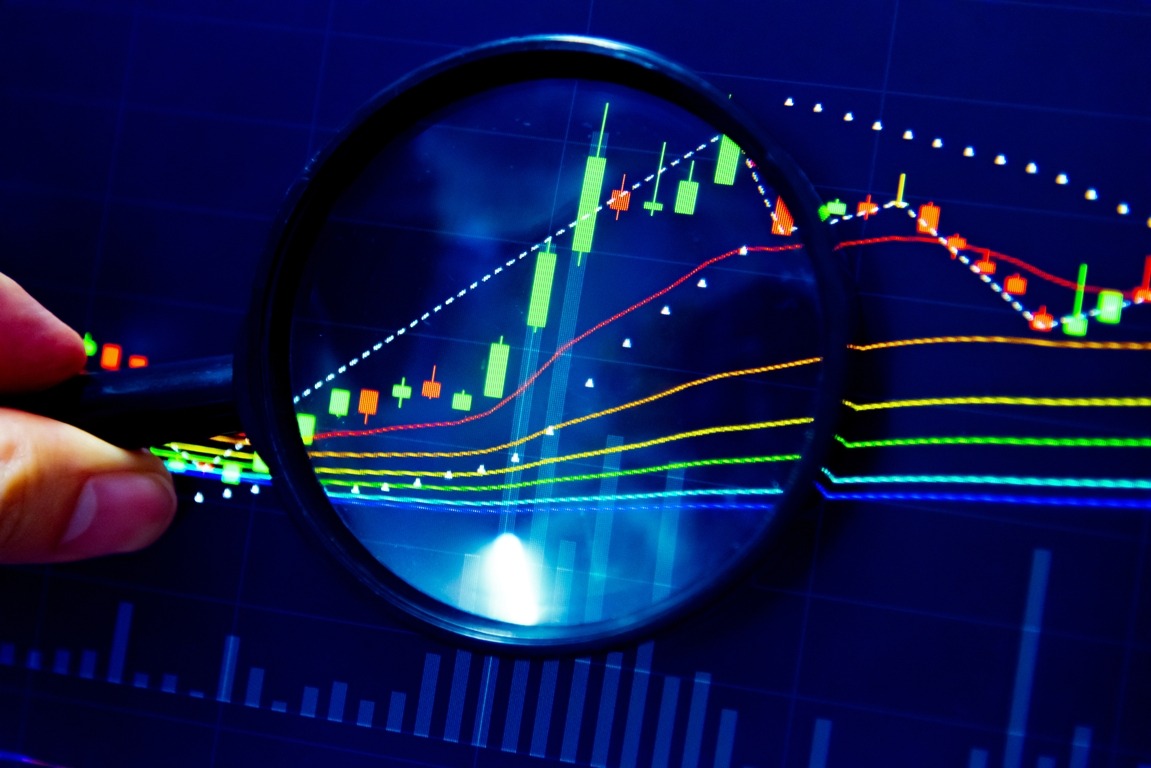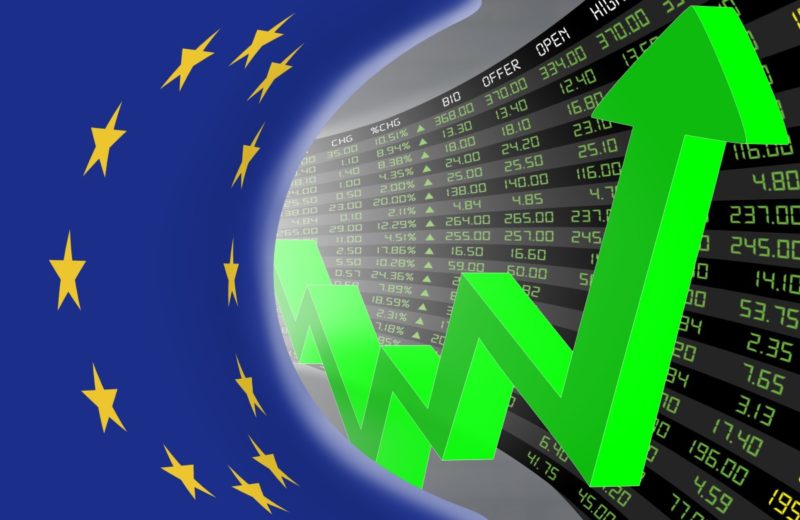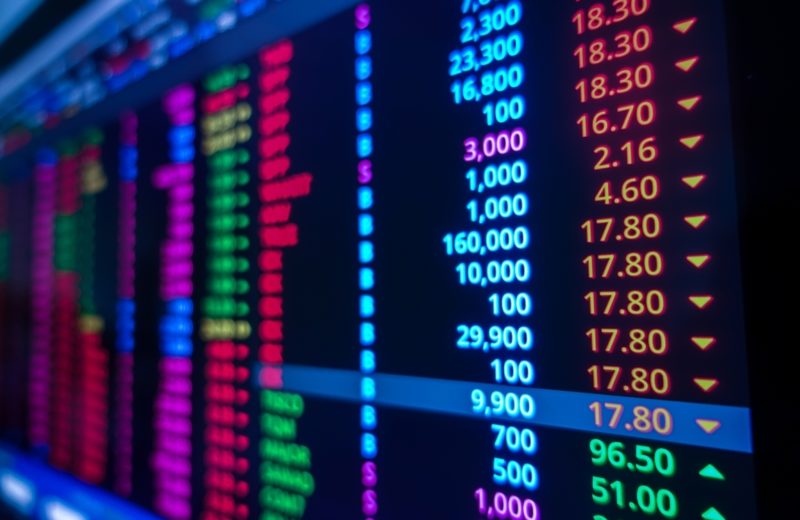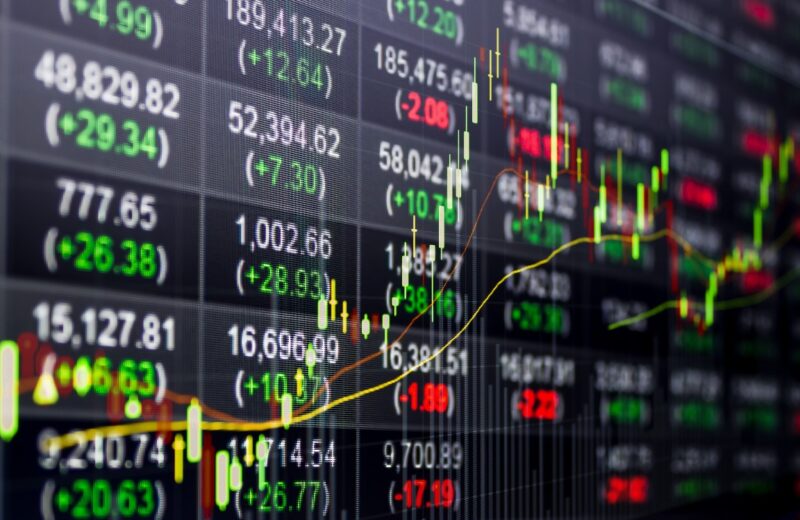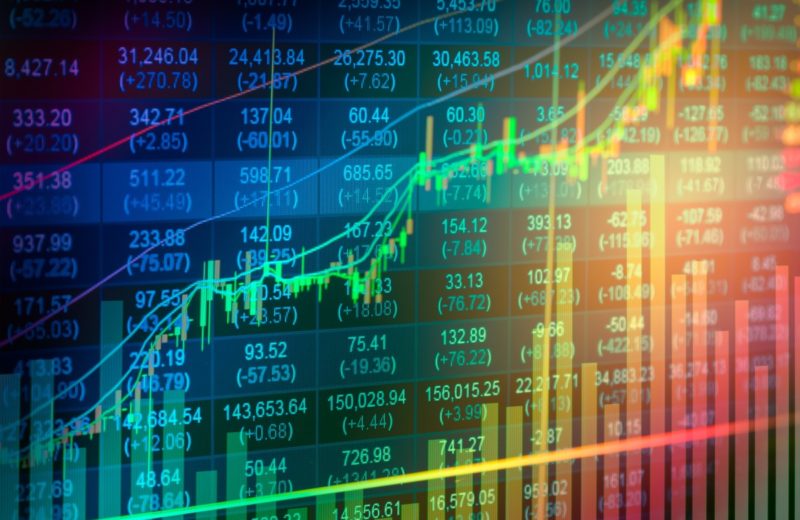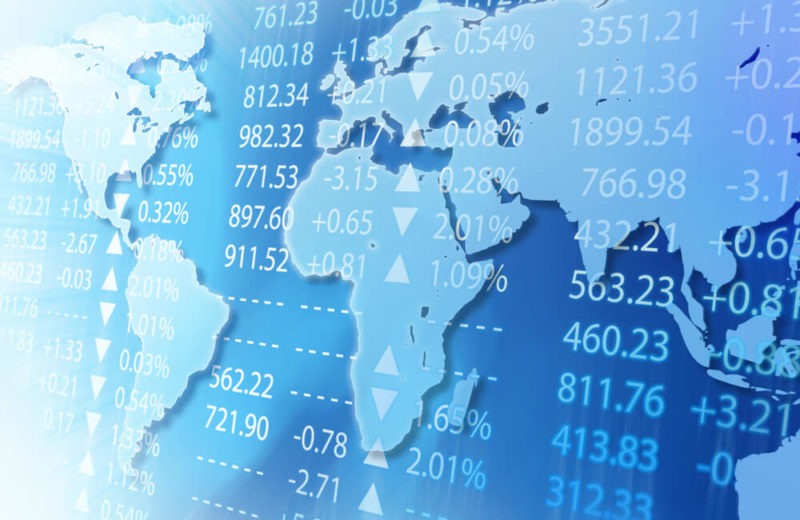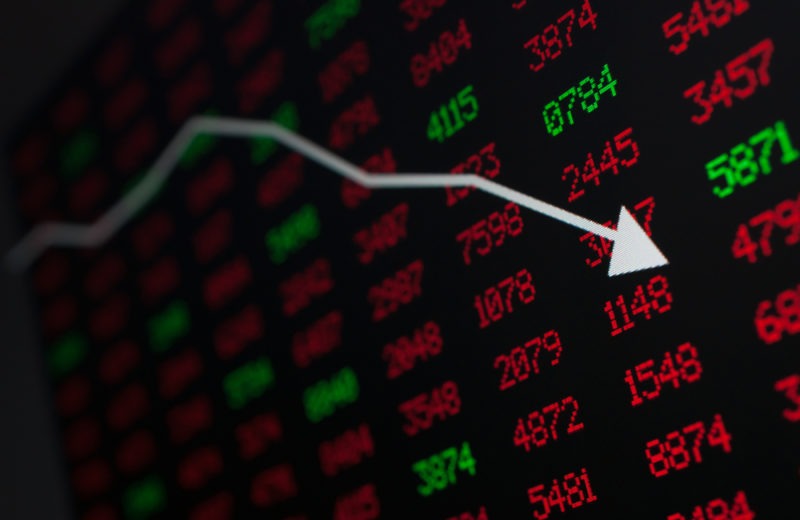Asia-Pacific stock market rally faced a notable sell-off, with South Korea, Hong Kong, and Mainland China experiencing losses of approximately 2.00% each. These downturns mirrored trends in Wall Street, where US Treasury yields climbed to multi-year highs, with the 10-year Treasury yield surpassing 4.90% for the first time since 2007.
Market Impact Across Asia: Japan’s Surprise Trade Surplus
Japan reported an unexpected trade surplus of 62.4 billion yen ($416.6 million) for September, defying expectations. This surplus comes alongside data from Australia, which revealed a drop in the country’s unemployment rate to 3.60% last month.
In Australia, the S&P/ASX 200 index saw a 1.36% decrease. It erased gains made earlier in the week and closed at 6,981.6. Hong Kong’s Hang Seng index experienced a substantial 2.43% decline in the final trading hour, leading the losses in the region. China’s CSI 300 index also fell by 2.13%, closing at 3,533.54, hovering near a 12-month low.
Japan’s Nikkei 225 faced a significant one-day loss of 1.91%, marking its largest drop in two weeks. At the same time, the Topix reported a more moderate 1.36% loss after the trade data was released.
Bank of Korea Maintains the Stock Market Rally Interest Rates
South Korea’s Kospi index was down 1.90%, closing at 2,415.8, and the Kosdaq plummeted by 3.07%, closing at 784.04, marking its lowest level in about seven months. These declines occurred as the Bank of Korea kept its interest rates steady at 3.50% for the sixth consecutive time.
In the US, all three major indexes experienced declines throughout the session. The Dow Jones Industrial Average fell 0.98%, the S&P 500 saw a 1.34% decrease, and the Nasdaq Composite dropped 1.62%.
Hong Kong Stock Market Flotation as EV Makers Face Challenges
Hong Kong’s Hang Seng index witnessed a significant 2.13% decline in the final trading hour. It reached its lowest level in two weeks. The disappointing third-quarter results from Tesla primarily drove this decline, impacting Hong Kong-listed Chinese EV makers.
Shares of Hong Kong-listed Chinese EV makers, including BYD and Xpeng, experienced respective losses of 3.65% and 9.10%. Additionally, Li Auto slid by 3.90%. Meanwhile, Nio and Geely dropped by 8.29% and 4.50%, respectively. The market now awaits Hong Kong’s consumer price inflation data for September.
The Hang Seng index has observed a cumulative decline of over 12.00% thus far this year, reflecting the challenges faced by the EV industry and its implications on the broader market.
Kakao CIO Arrested for Alleged Purposeful Stock Management in SM Takeover
The Chief Investment Officer (CIO) of the prominent South Korean tech company Kakao has been taken into custody. It’s alleged that he played a role in stock manipulation concerning Kakao’s purchase of the K-pop label SM Entertainment. This arrest comes after a competitive battle between Kakao and K-pop firm Hybe for the majority stake in SM Entertainment in February.
South Korea’s financial market regulator has raised suspicions that CIO Bae Jae-Hyun and two other top-level Kakao executives employed tactics to artificially boost SM’s stock price beyond the tender offer value. This calculated manoeuvre allowed both Kakao and its affiliated company, Kakao Entertainment, to acquire close to 40% of SM Entertainment back in March.
Bank of Korea Maintains Rates at 3.50%, in Line with Expectations
The Bank of Korea has chosen to maintain its benchmark policy rate at 3.50%. It aligns with expectations from a Reuters poll of economists. In its release, the Bank of Korea acknowledged that inflation in South Korea may continue its underlying trend of a slowdown.
South Korea’s inflation rate rose to 3.70% in September, up from 3.40% in August. However, the BOK highlighted that core inflation remained at 3.30% in September, consistent with August. The central bank anticipates inflation to decrease to the lower end of 3.00% by the end of 2023. Nevertheless, the BOK pointed out increased inflation risks due to the impact of higher global oil prices. Additionally, the Israel-Hamas conflict is significantly affecting exchange rates, which play a crucial role in the global economy.
Australia reported a seasonally adjusted unemployment rate of 3.60% in September, contrary to economists’ predictions that it would remain at 3.70%. This unexpected drop in the unemployment rate is a noteworthy economic development.
Labor Market Stock Control Rate
It is worth noting that while the unemployment rate saw a decline, Australia’s participation rate decreased to 66.70%. The participation rate measures the proportion of the working-age population.
The unemployment rate holds significance in the Reserve Bank of Australia’s (RBA) decision-making process for monetary policy. The RBA is scheduled to announce its interest rate decision on November 3rd, and this employment data may play a role in the stock market rally.



